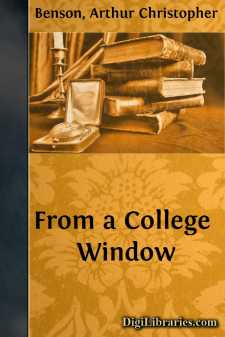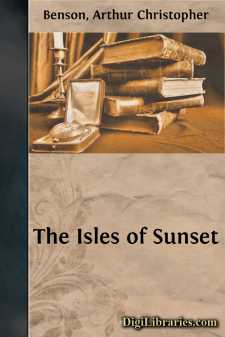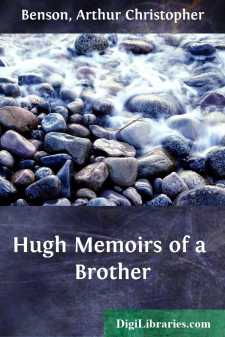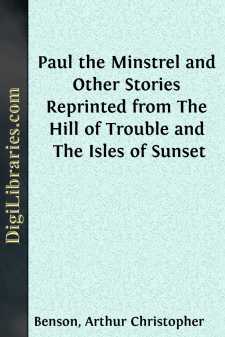Categories
- Antiques & Collectibles 13
- Architecture 36
- Art 48
- Bibles 22
- Biography & Autobiography 816
- Body, Mind & Spirit 145
- Business & Economics 28
- Children's Books 18
- Children's Fiction 14
- Computers 4
- Cooking 94
- Crafts & Hobbies 4
- Drama 346
- Education 58
- Family & Relationships 59
- Fiction 11831
- Foreign Language Study 3
- Games 19
- Gardening 17
- Health & Fitness 34
- History 1378
- House & Home 1
- Humor 147
- Juvenile Fiction 1873
- Juvenile Nonfiction 202
- Language Arts & Disciplines 89
- Law 16
- Literary Collections 686
- Literary Criticism 179
- Mathematics 13
- Medical 41
- Music 40
- Nature 179
- Non-Classifiable 1768
- Performing Arts 7
- Periodicals 1453
- Philosophy 66
- Photography 2
- Poetry 897
- Political Science 203
- Psychology 45
- Reference 154
- Religion 516
- Science 126
- Self-Help 86
- Social Science 82
- Sports & Recreation 34
- Study Aids 3
- Technology & Engineering 59
- Transportation 23
- Travel 463
- True Crime 29
Our website is made possible by displaying online advertisements to our visitors.
Please consider supporting us by disabling your ad blocker.
From a College Window
Categories:
Description:
Excerpt
THE POINT OF VIEW
I have lately come to perceive that the one thing which gives value to any piece of art, whether it be book, or picture, or music, is that subtle and evasive thing which is called personality. No amount of labour, of zest, even of accomplishment, can make up for the absence of this quality. It must be an almost wholly instinctive thing, I believe. Of course, the mere presence of personality in a work of art is not sufficient, because the personality revealed may be lacking in charm; and charm, again, is an instinctive thing. No artist can set out to capture charm; he will toil all the night and take nothing; but what every artist can and must aim at, is to have a perfectly sincere point of view. He must take his chance as to whether his point of view is an attractive one; but sincerity is the one indispensable thing. It is useless to take opinions on trust, to retail them, to adopt them; they must be formed, created, truly felt. The work of a sincere artist is almost certain to have some value; the work of an insincere artist is of its very nature worthless.
I mean to try, in the pages that follow, to be as sincere as I can. It is not an easy task, though it may seem so; for it means a certain disentangling of the things that one has perceived and felt for oneself from the prejudices and preferences that have been inherited, or stuck like burrs upon the soul by education and circumstance.
It may be asked why I should thus obtrude my point of view in print; why I should not keep my precious experience to myself; what the value of it is to other people. Well, the answer to that is that it helps our sense of balance and proportion to know how other people are looking at life, what they expect from it, what they find in it, and what they do not find. I have myself an intense curiosity about other people's point of view, what they do when they are alone, and what they think about. Edward FitzGerald said that he wished we had more biographies of obscure persons. How often have I myself wished to ask simple, silent, deferential people, such as station-masters, butlers, gardeners, what they make of it all! Yet one cannot do it, and even if one could, ten to one they would not or could not tell you. But here is going to be a sedate confession. I am going to take the world into my confidence, and say, if I can, what I think and feel about the little bit of experience which I call my life, which seems to me such a strange and often so bewildering a thing.
Let me speak, then, plainly of what that life has been, and tell what my point of view is. I was brought up on ordinary English lines. My father, in a busy life, held a series of what may be called high official positions. He was an idealist, who, owing to a vigorous power of practical organization and a mastery of detail, was essentially a man of affairs. Yet he contrived to be a student too. Thus, owing to the fact that he often shifted his headquarters, I have seen a good deal of general society in several parts of England....












